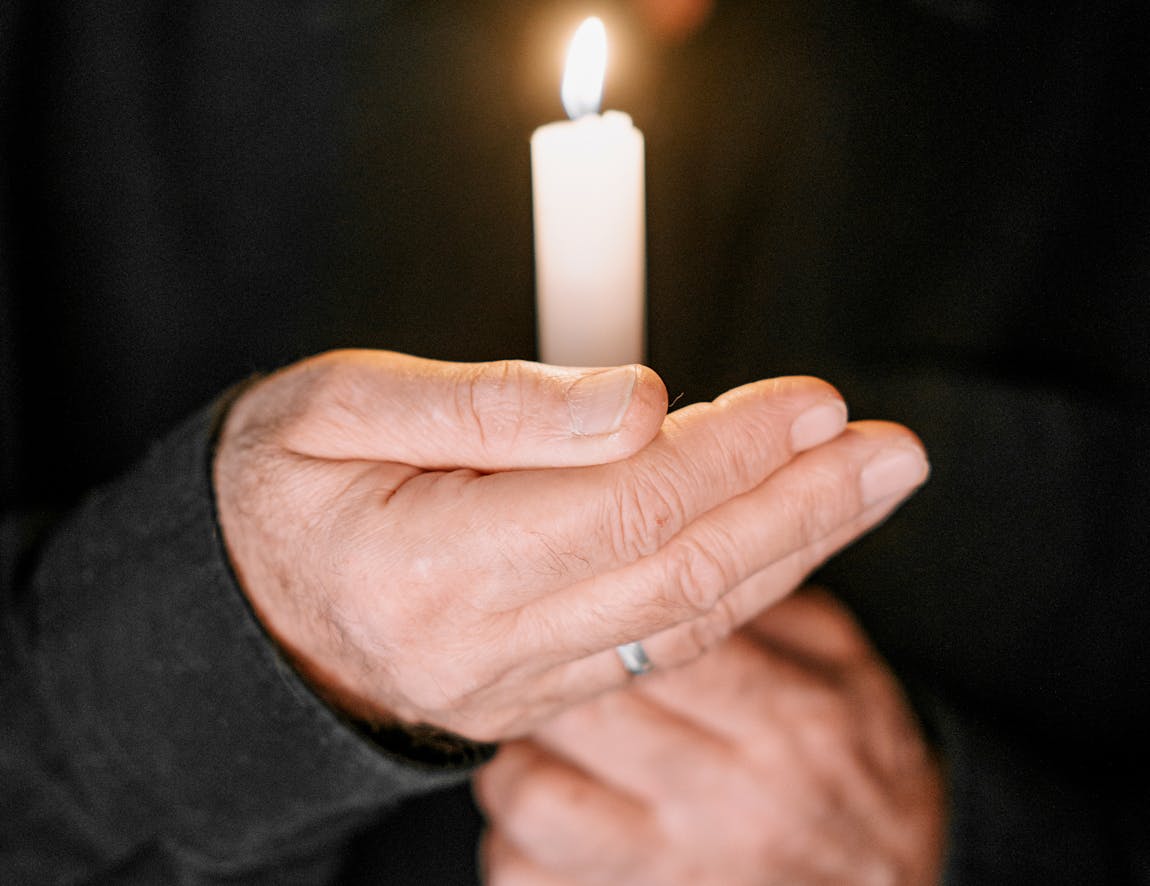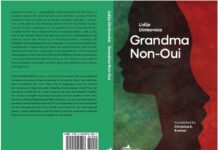Book Review by Anjana Basu

Khwaja Abdullah Ansari lived in Khorasan and over time became known for being a commentator of the Qur’an and spiritual master whose oratory and poetry in Arabic and Persian were outstanding. He was a direct descendant of Abu Ayyub al-Ansari, a ‘friend’ of the Prophet Muhammad, a title given to all the dwellers of Medina for their hospitality to the Prophet, which perhaps accounted for the mysticism inherent in him that resulted in his being called the ‘Pir’ of Herat. Every year he held a majlis-e-wa’az which was thronged by people from across the region. After his death, his works, including oral records transmitted by his students, were collated in the Tafsir of Maybudi, “Kashf al-Asrar” (The Unveiling of Secrets).
Abdullah’s talents showed themselves at an early age and he was soon composing his prayer poems most of which took flight in his own free ranging thoughts of worship based on his relationship with the divine. The prayers still hold their relevance today, an epoch after the original teachings were spoken and set down, though this is characteristic of recorded wisdom that endures. In a world that has been fragmented by the pandemic and religious divisions the invocations hold their comfort reaffirming the truths that many know but are uncertain of expressing.
Those in Bengal will find a connection with many of the mystic poems of Rabindranath Tagore, especially the ones in which the Khwaja writes about the true nature of the Divine lying within rather than in the external symbols of worship.
He who knoweth
the body is of earth
Gets rid of pride
There are also invocations that merge with the verses of Mahadevi Akka and Meerabai, united in their selfless worship of the Supreme Being.
Oh Lord, though the blue flower be poisonous
It is of Thy garden
Poets across religions have often used the imagery of love to express their relationship with the Divine from St John of the Cross to Meerabai and many others. In Muslim poetry, this trend first emerged in Arabia, where poets took the existing metaphors of wine, love and beauty, like Omar Khayyam, and dexterously steeped them in mysticism and expressed them in rubai or quatrains from a Sufi perspective.
Even a prison
Radiates happiness
If love for Thee
Fills the heart
This collections of Abdullah Ansari’s invocations, prayers and counsels, has been carefully handpicked from translations by Arthur John Arberry who was one of the leading Persian scholars of his time and Sardar Sir Jogendra Singh who characterised himself by his work on the invocations of this Persian mystic in the late nineteenth century. The two scholars came together to realize the words of the sage in a language that would make it accessible to the wider world of readers and their contribution was acknowledged – the Foreword to the original edition was written by MK Gandhi.
As Syeda Saiyidain Hameed, who was thoughtfully chosen to curate the introduction, since she is a descendant of the Khwaja, writes, there are some teachers who are born down the ages whose lessons bear testimony to the truth that lies at the heart of all religions. Khwaja Abdullah’s invocations in verse fall on the reader like the gentle blessing of healing.
Details of the book:
Invocations and Prayers of Khwaja Abdullah Ansari of Herat
Translations by Sardar Sir Jogendra Singh and Arthur John Arberry
Introduction by Syeda Saiyidain Hameed
Published by : Speaking Tiger, INR 350
About the reviewer
Anjana Basu is a renowned novelist, poet, reviewer and travel writer.












